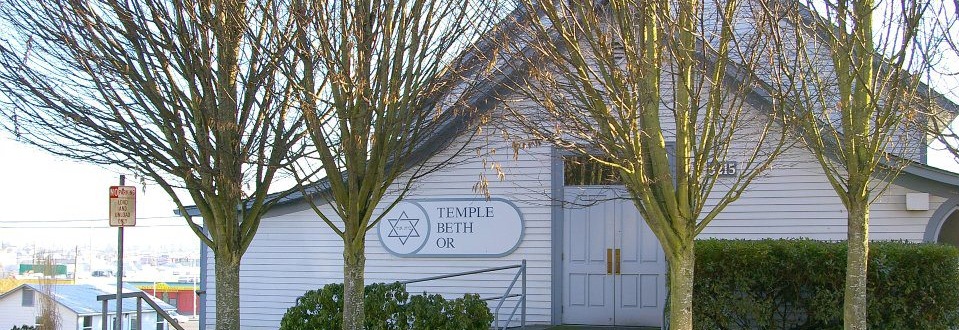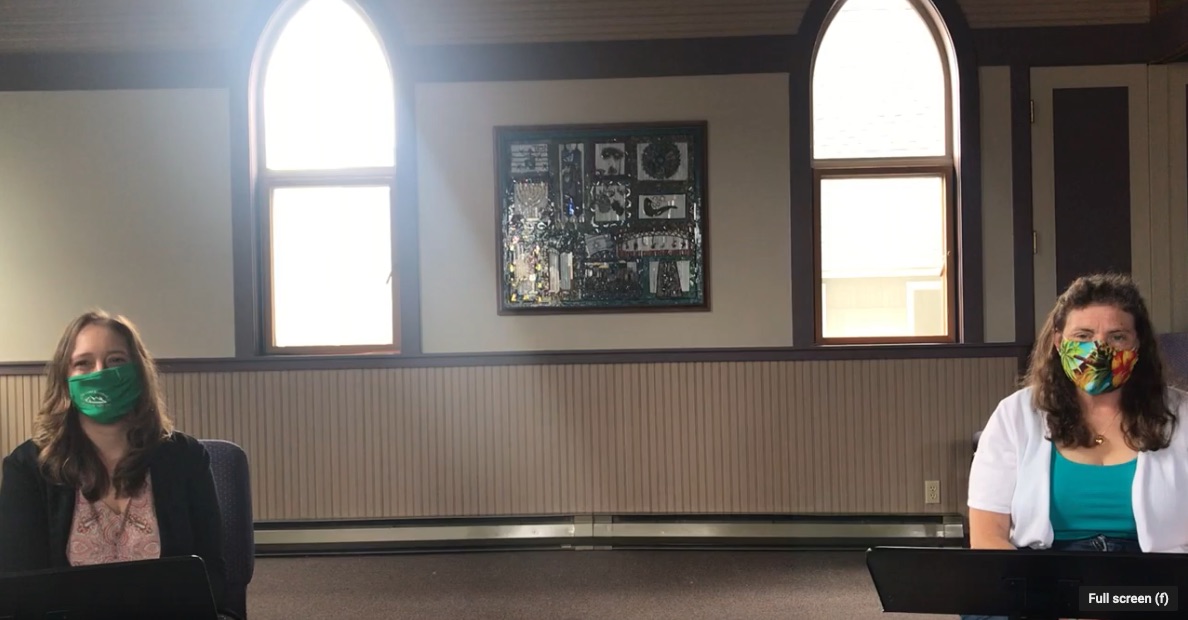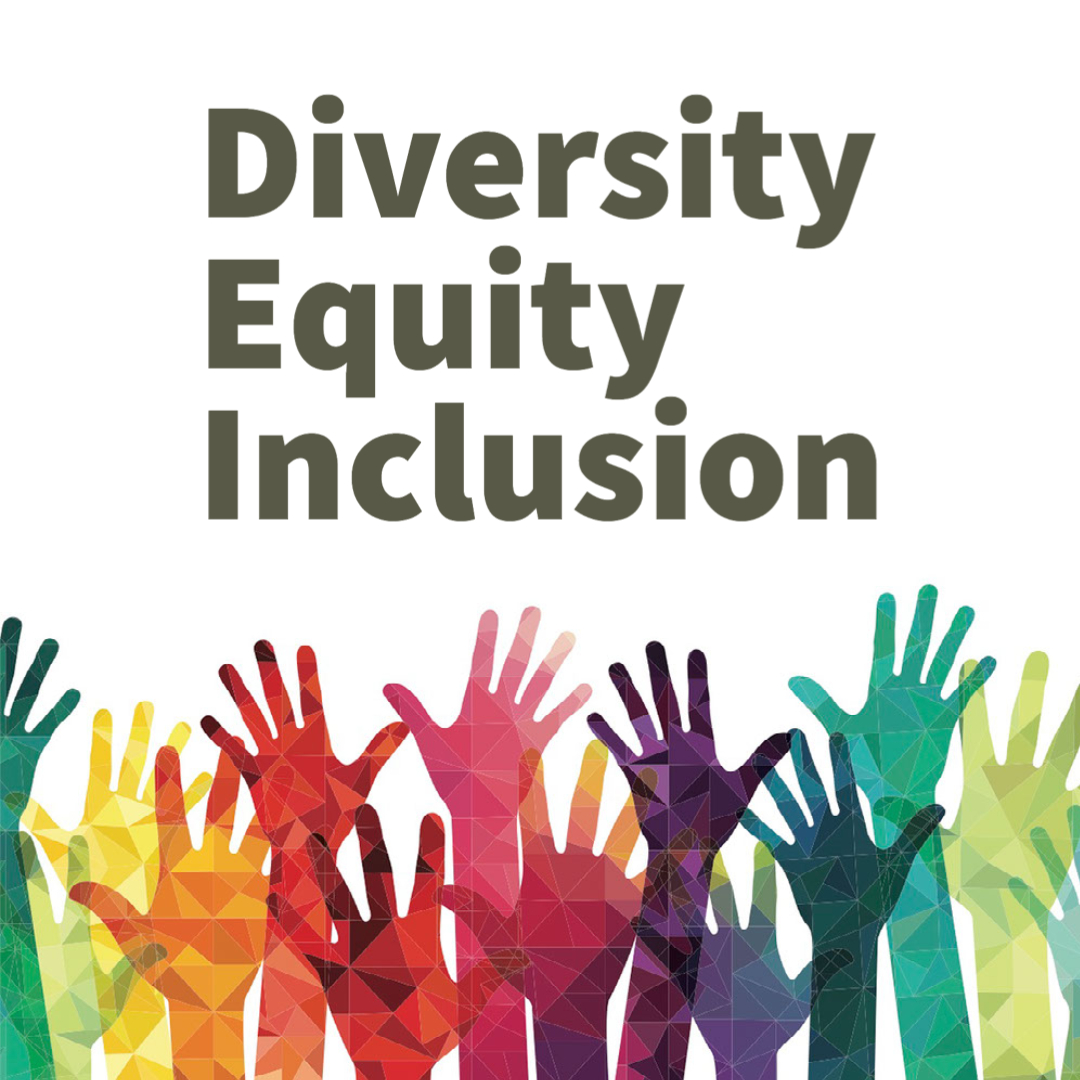I am a very lucky President – TBO has an amazing governing board and I get to work with them! We begin each monthly board meeting with a sharing question. The question in April was “What are some positive changes or new habits you are hoping to take with you from the past year of COVID into the future?” Their answers were so inspiring and interesting I am going to share them, with their permission but anonymously, with all of you.
In no particular order these new habits, skills, and routines included:
- meal planning and eating at home
- baking bread
- taking piano lessons
- serious decluttering
- more reading
- instituting a weekly family movie night
- taking a daily walk
- having quieter/less busy weekends
- learning how to use video platforms comfortably
- regular/frequent family Zoom calls
- having more patience with oneself, more grace, practicing self love
- treasuring time with kids
- loving working from home – more efficient work environment and less time spent commuting!
- stopped wearing a watch and started wearing extra comfy hiking socks every day
- connecting more with family
- driving less
- more time spent gardening
- self care
- more relaxation
- building better communities, becoming an ally for social change and imagining a better world
Some of these are ordinary daily activities and some are more profound. Maybe you already have or will try working one or more of these ideas into your life. Whether it is one of the items listed above or something else, see if you can think of something that you are doing differently now during pandemic time that you would like to try to keep in your life, even when we get beyond these pandemic times. It is healing to take a moment to find something to be grateful for in these difficult times. New healthy fulfilling habits can be a point of pride and gratitude.
Wishing all a summer filled with hope and gratitude,
Melanie Field



